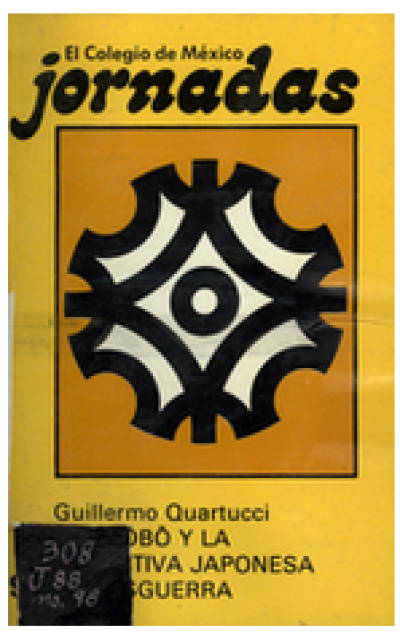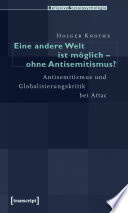Author
Tran, Minh Hang
Year
2018
Publisher
ANU Press
Type
BOOK
Category
Social Science
Language
English
Pages
233
ISBN
978-1-76046-243-7
Last Update
09-Sep-2024
Keywords
MEDICAL / Health Policy;SOCIAL SCIENCE / Anthropology / Cultural;SOCIAL SCIENCE / Abortion & Birth Control
Related
See More
El problema rural brasileño desde el punto de vista antropológico

Ben Sira�s View of Women, A Literary Analysis

Abe Kobo y la narrativa japonesa de posguerra, ,

Dutch Ships in Tropical Waters

Eine andere Welt ist möglich - ohne Antisemitismus?

El servicio personal de los indios en el Perú